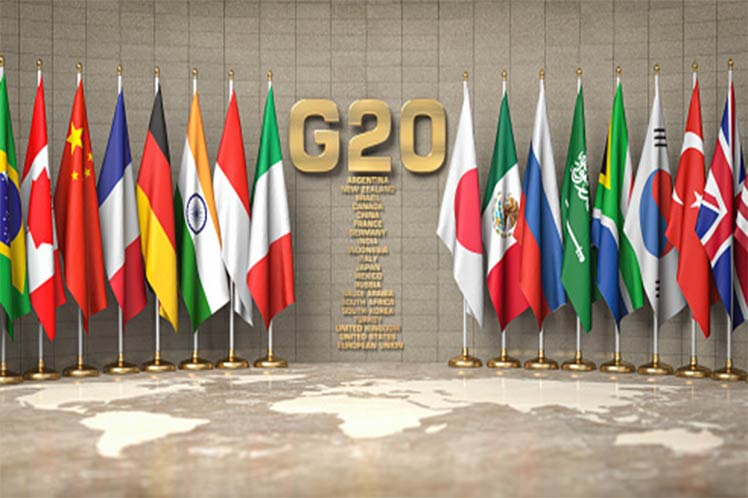Among other challenges, the experts gathered during the third day of the Working Group’s deliberations agreed on the lack of adequate infrastructure, including high-speed internet access, computing resources, and data storage capabilities.
Discussions also included how AI can contribute to critical sectors such as health, education, and agriculture.
Speaking at the meeting, South African Minister of Communications and Digital Technology Solly Malatsi called on G20 members to support initiatives that develop Artificial Intelligence in the official languages of low-income societies.
“Our approach,” he said, “centers on equity in AI advancements so that no one is left behind.” If we analyze the languages used in AI applications, she added, we see that they are very few. Therefore, we affirm that this can perpetuate a new form of inequality that we must address by adopting an inclusive approach to the use of this technology.
On the subject, the ministry’s Director General of Emerging Technologies and Innovation, Jeannette Morwane, explained how the ideas of digital transformation focus on harnessing the power of technology to transform economies, but also to impact societies.
This is achieved, the official emphasized, by ensuring broadband connectivity so that citizens can also participate in the digital economy.
Attention was also drawn to the fact that while the adoption of AI can lead to job losses, it also generates a wave of job creation and transformation.
According to Brando Chidi Okolo, representative of the African Union Development Agency, collaboration between humans and AI can open up countless new opportunities.
“I think the main focus should be on how we develop our capacity, how we begin to train AI engineers, how we begin to train agile specialists, those who create the tools that algorithms require,” he argued.
ef/ro/mv









